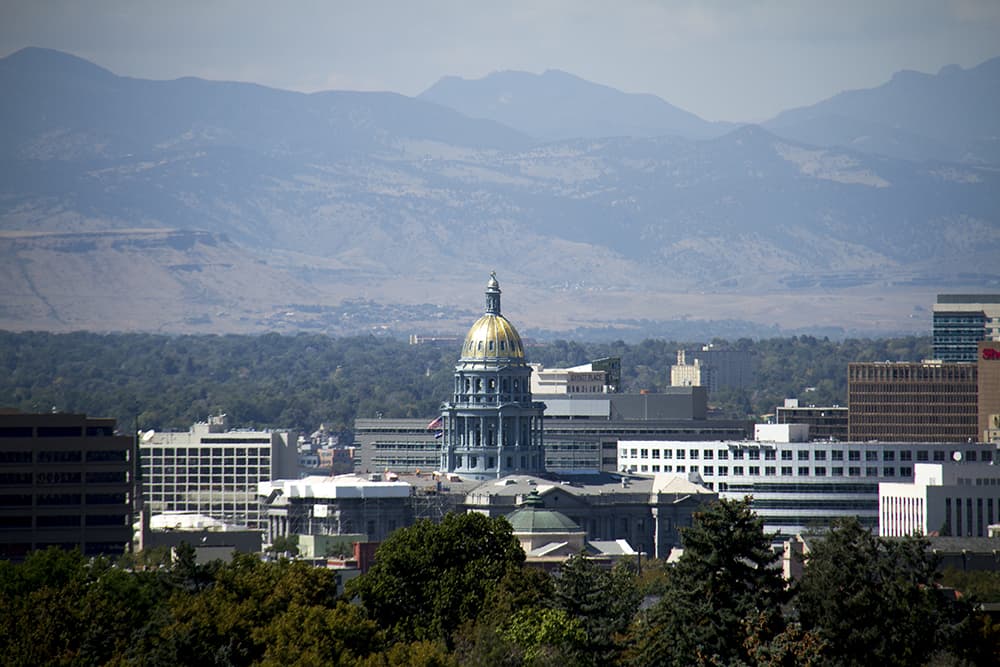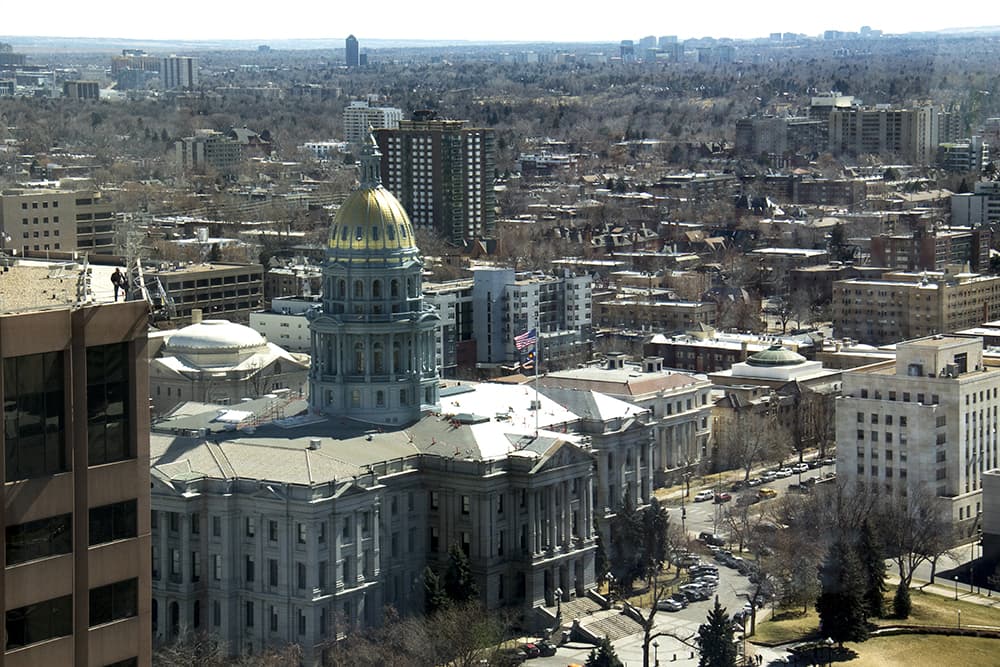
By James Anderson, Associated Press
The Colorado House and Senate have passed similar draft versions of a $26.8 billion budget that, by law, must be balanced.
To strike that balance, budget-writers among other things chose to drastically cut transportation funding — and hope lawmakers deliver a short or long-term solution during the current legislative session.
Two bills advanced Tuesday by Senate committees could deliver that solution. One calls for asking voters for a state sales tax increase to pay for road infrastructure. The other would issue highway bonds without a tax increase while making other changes to the budget.
Colorado's draft budget for the fiscal year that begins July 1 cuts new transportation funding to $79 million — well short of the state transportation department's annual maintenance bill. Lawmakers, meanwhile, have vowed to start tackling a $9 billion wish list in new road infrastructure building.
In March, the Democrat-led House passed legislation that would ask voters to finance $3.5 billion in bonds by raising the sales tax from 2.9 percent to 3.5 percent.
The Senate Transportation Committee approved the bill by a 3-2 vote, with a lower tax hike — from 0.62 percent to 0.5 percent — that the bill's sponsors said might be more palatable for voters.
The state transportation department would get $375 million a year over 20 years for new roads under the bill, whose co-sponsors include House Speaker Crisanta Duran and Senate President Kevin Grantham.
Only four of 24 House Republicans voted for it because most of them vehemently oppose a tax hike. Others demanded to know exactly what would be paid for with the extra revenue, including specific roads and bridges.
Grantham promised Tuesday that voters will have an up-to-date list of projects the money would fund well before election day if the bill on its way to the Senate Finance Committee passes.
A second bill passed 4-1 by the Finance Committee Tuesday will likely change as it makes its way through other Senate committees.
It would raise more than $1.2 billion in road bond funding by essentially mortgaging certain state-owned buildings to private entities for the next 20 years. The bonds would pay for roads while the state gradually pays back the mortgage over that period, said Sen. Jerry Sonnenberg, its Republican sponsor.
That bill would also create an enterprise out of the hospital provider fee while requiring a reduction in spending in the rest of the budget.
Colorado has not boosted its state gasoline tax dedicated to road funding from 22 cents per gallon since 1991.













